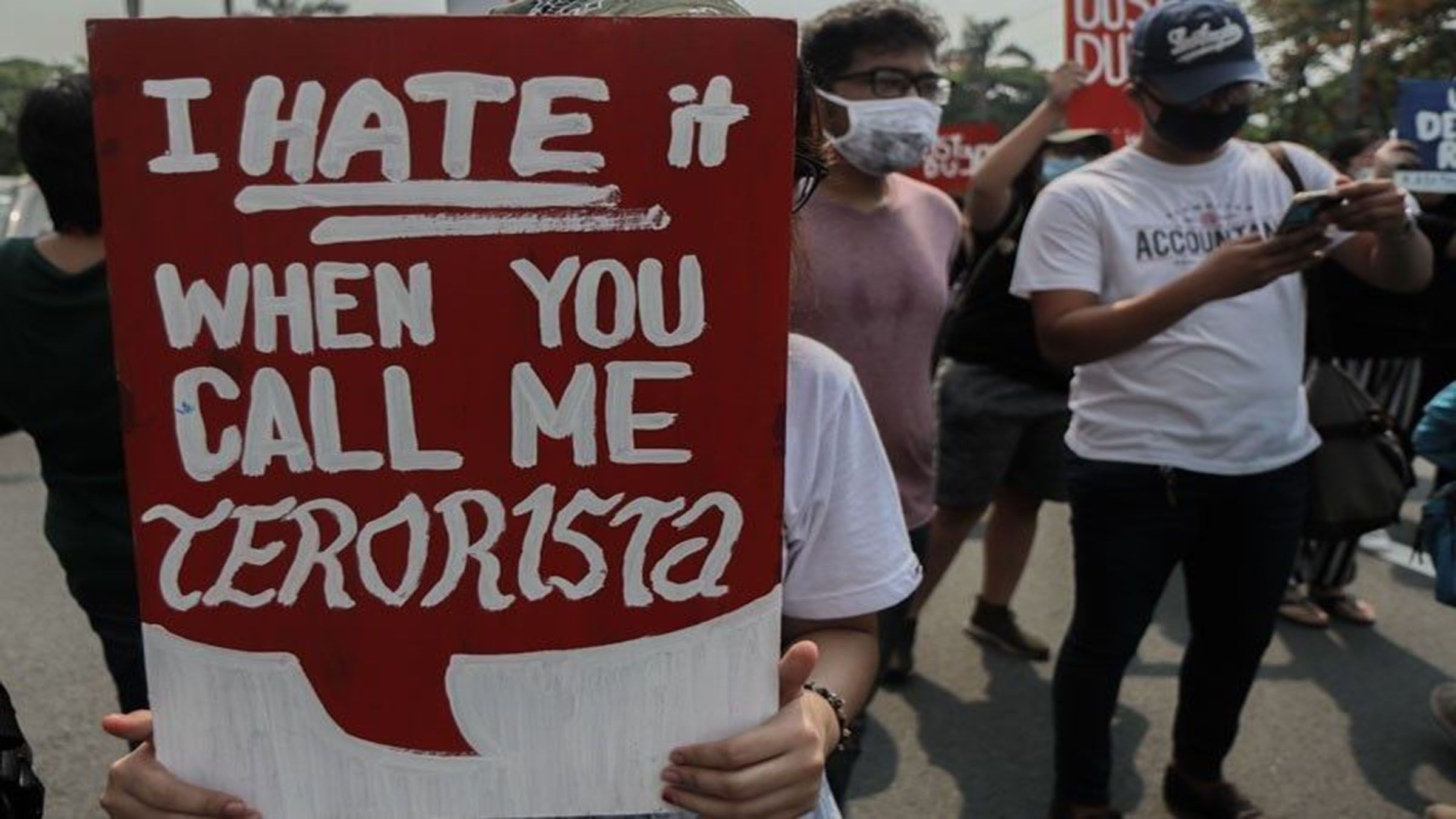The United Nation Human Rights Committee asked the Philippines to review and amend portions of its Anti-Terrorism Act in compliance with the international treaty on civil and political rights.
The United Nations (UN) Human Rights Committee is asking the Philippines to amend portions of the Anti-Terrorism Act to comply with an international treaty on civil and political rights.
Human rights experts said in a recent 13-page unedited report that the country should review and amend the controversial law “with a view to bringing it into full compliance with the covenant and the principles of legal certainty, predictability, and proportionality.”
The International Covenant on Civil and Political Rights, to which the Philippines is a party, is the covenant being referred to, Philippine Star reported.
“In doing so, it should ensure participatory consultations process with relevant stakeholders, including the Commission on Human Rights and civil society organizations,” the UN body said.
The panel specifically recommended that the Philippines revise Sections 25 and 29 of the Anti-Terrorism Act, which, respectively, set forth the criteria for designating individuals or organizations as terrorists and permit unwarranted detentions.
The Anti-Terrorism Act
The Anti-Terrorism Act or sometimes called the anti-terror law had been scrutinized by the Supreme Court (SC), which upheld most of its provisions with the exception of a method of designation outlined in Section 25 and parts of Section 4.
In a 12-3 vote, the SC nullified a proviso on protests and other mass actions that cannot be considered terrorism “for being overbroad and violative of freedom of speech.”
Meanwhile, in a separate 9-6 vote, the SC invalidated a clause that authorized the Anti-Terrorism Council to adopt designation requests from supranational or other jurisdictions for being unconstitutional.
However, the SC maintained certain provisions of the law that the UN body had flagged. These include “overbroad and vague definitions of terrorism," warrantless arrests, and detention for up to 24 days without charge, and “excessive power” granted to the Anti-Terrorism Council for surveillance and gathering of personal data.
It is also concerned about the use of the law to “legitimize the targeting of government critics, human rights defenders, and journalists, including through ‘red-tagging,’ and consequent chilling effects on freedoms of expression, peaceful assembly, and association.”
Additionally, there have been concerns with the threats and attacks against the members of the judiciary, lawyers, human rights defenders, and journalists.
It will be crucial to review and revise the controversial Anti-Terrorism Act that the UN body had raised to further ensure that the general public's human rights are respected, and to comply with an international agreement on civil and political rights.
Tags: #UN, #HumanRights, #Anti-TerrorismAct

